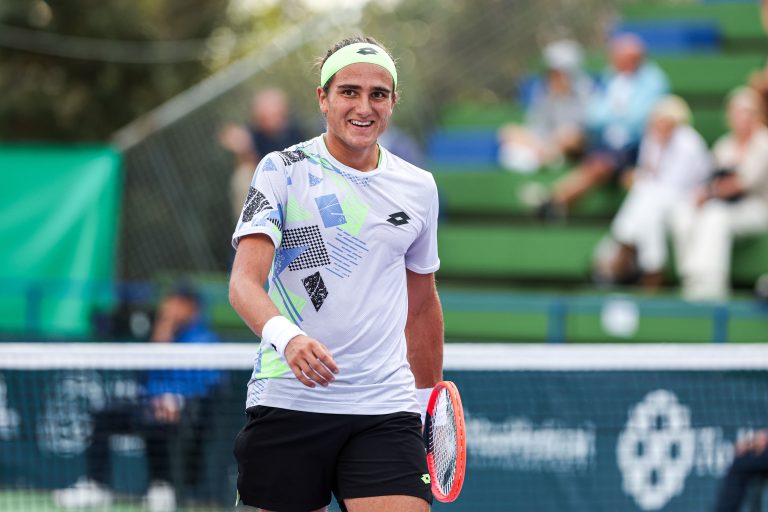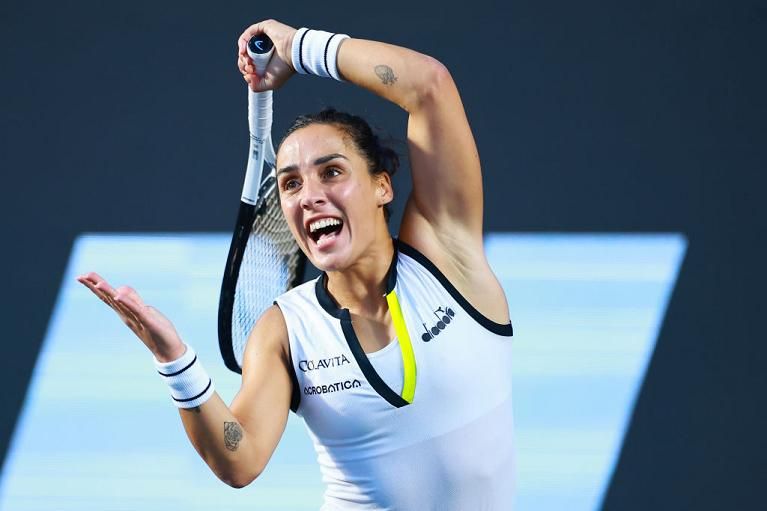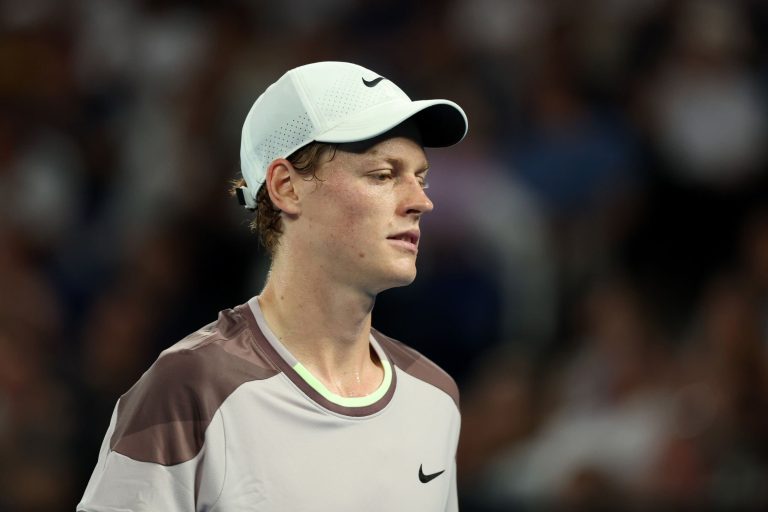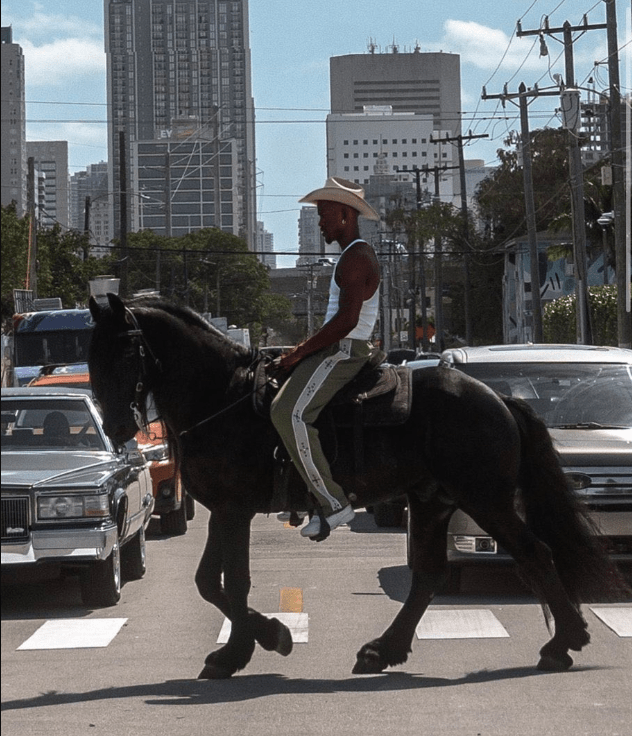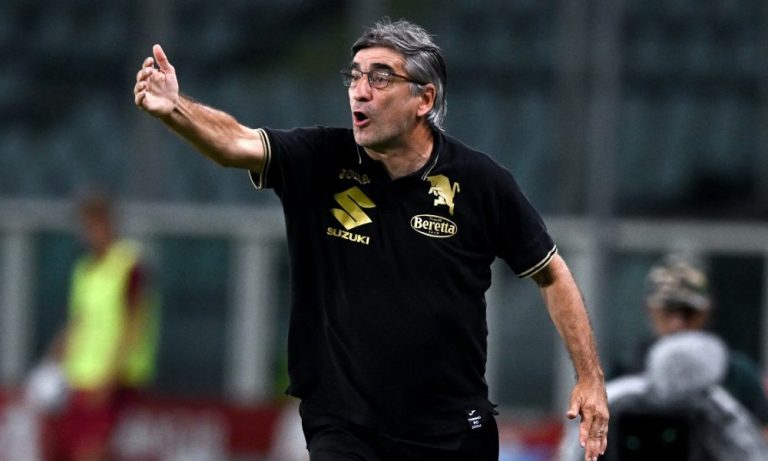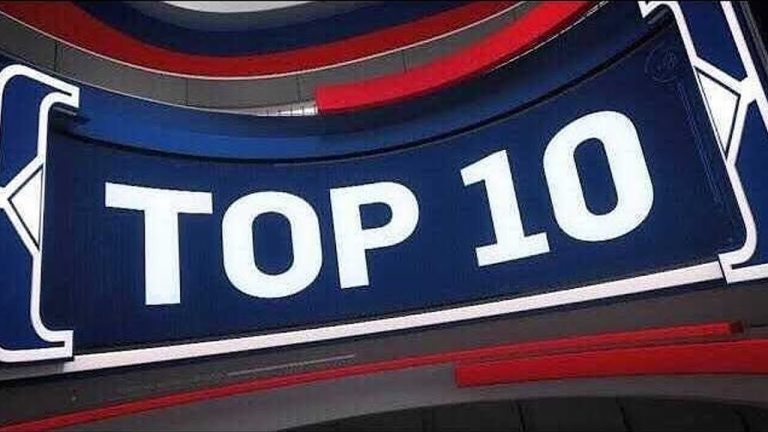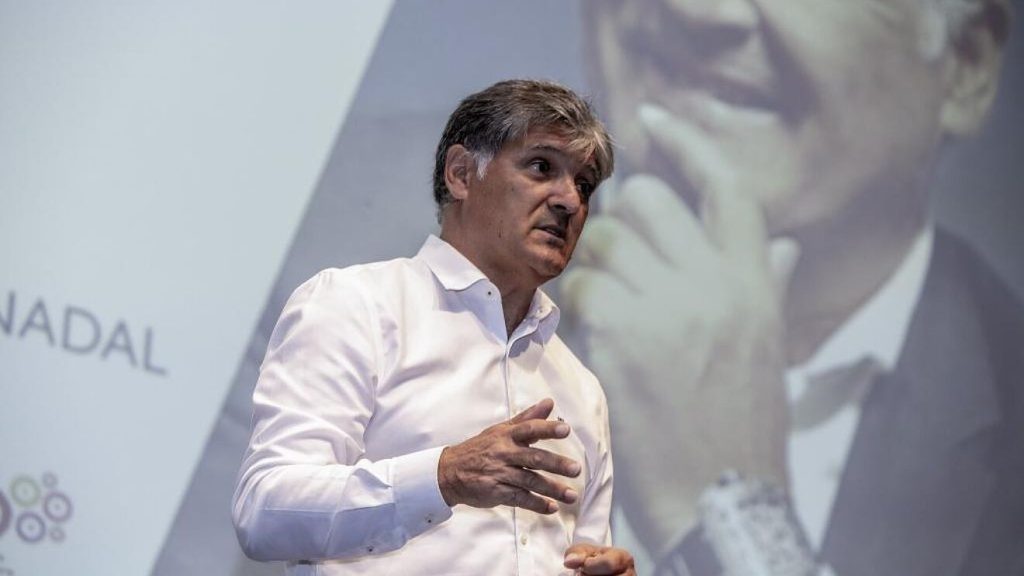
Rafa Nadal’s decision to postpone his return and skip the Monte Carlo tournament surprised his supporters, who even after the Principality tournament announcement were hoping to see him again in one of his favorite and happiest events. His training process continues with the clear aim of presenting himself at his best at Roland Garros. Many have wondered: does he have to play to find sensation and find the rhythm? Definitely, but maybe it was just too early, although he has always played very good tennis on the principality’s ideal courts for him.
The Spanish press immediately turned to uncle Toni, who knows Rafa better than anyone and watches him train at his academy, even if he doesn’t follow him personally at tournaments like he used to. Toni’s concept is clear: Rafa knows his body, but he can only see where he stands with feedback from the field. He expressed these and other ideas in a short interview, of which we are already reporting some passages projected onto the next Roland Garros.
“Rafa is recovering but it’s not easy to know exactly how far he is because you only really find out when you compete.” He was asked if he should have resigned against Fritz at Wimbledon: “You never know what would have happened, we have no evidence. If he had done it in some games where he had some problems, maybe he would have had a few less Roland Garros or a few less Wimbledon.”
“It’s different at Roland Garros and the clay court season in general. Even if he’s not in the best form, you know Rafa can make an effort because he will control the strength and pace of the game. But when he plays fast and especially in the indoor season, it’s harder for him. When playing Roland Garros, Rafa has 2 or 3 games to control and then use to get back to his best pace and game. On the contrary, they don’t exist in Turin,” explained his historical master.
“Rafa is used to fighting, he grew up knowing that in tennis, like in life, things almost never go perfectly. You have to be willing to work hard and solve problems,” concludes Toni Nadal.
A few words also about Felix Auger-Aliassime, whom he follows, albeit not full-time. Toni is convinced the Canadian still has good room for growth but is aware the competition has become even more ruthless with the emergence of Alcaraz and Sinner. “Felix can improve his backhand and composure when things get complicated in the match. One of his dreams is to win some Grand Slams and become number 1. He can do it but it’s not easy because there’s Alcaraz and Sinner who are very good, or Medvedev. But if he works hard, he has a chance to achieve his goals because he has a good path to keep improving.”

